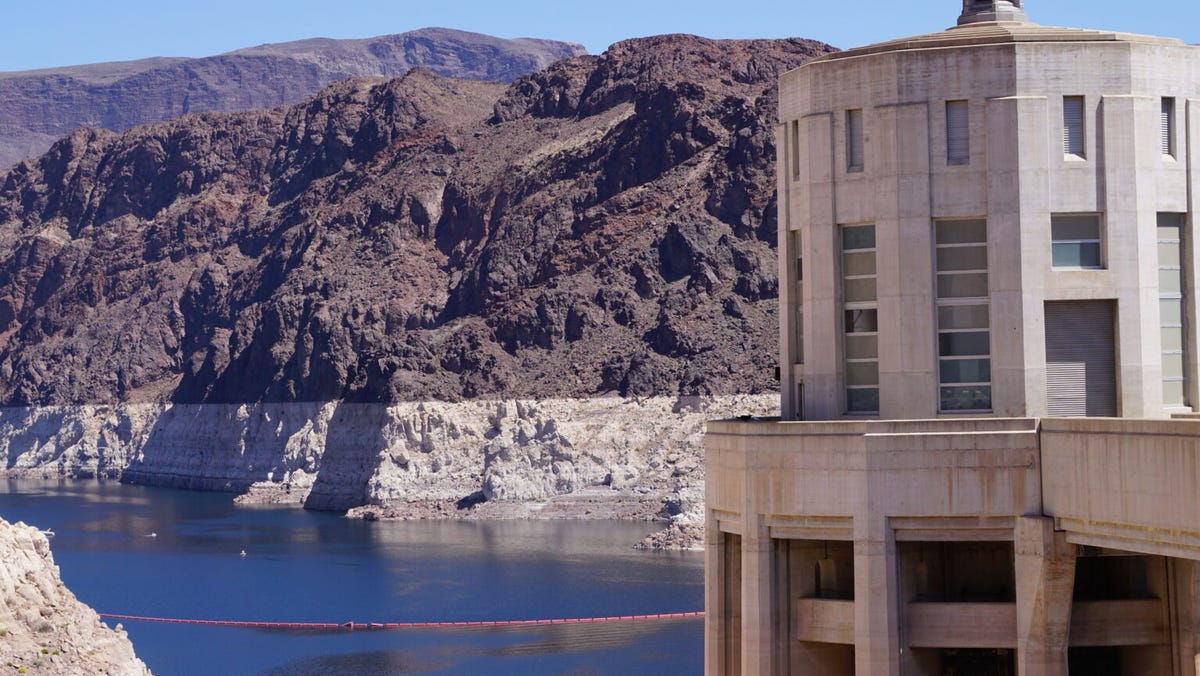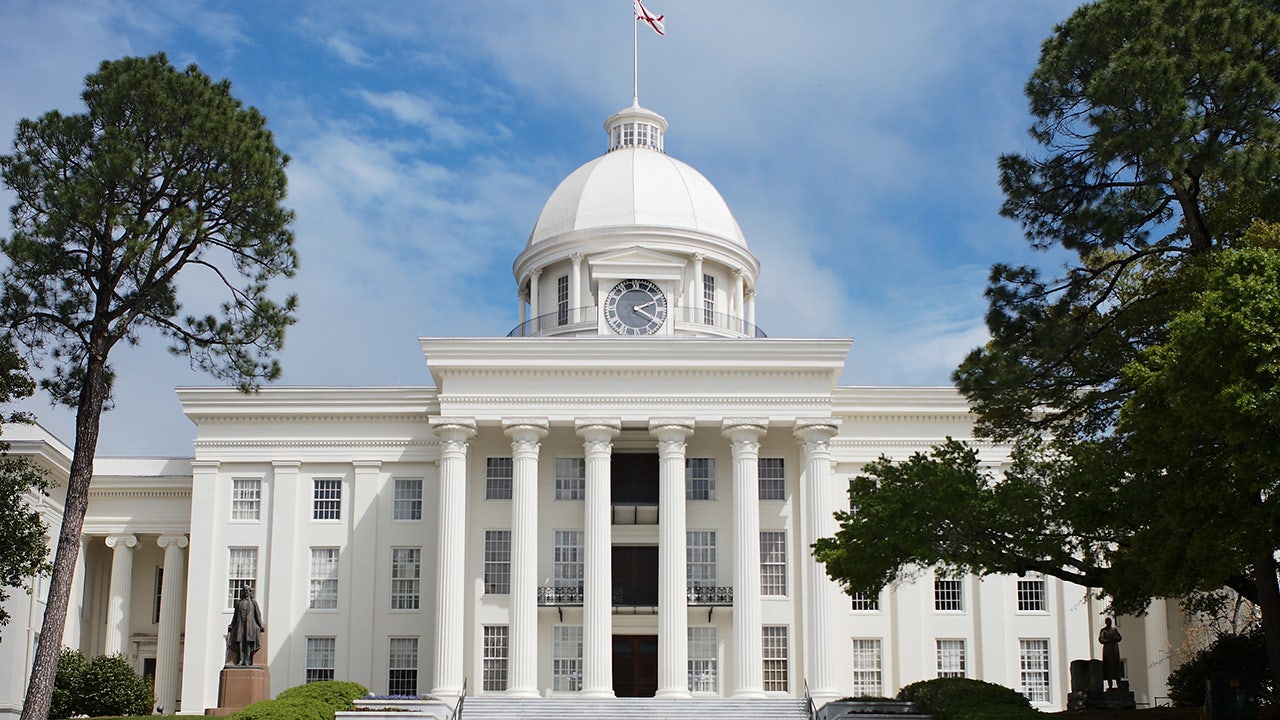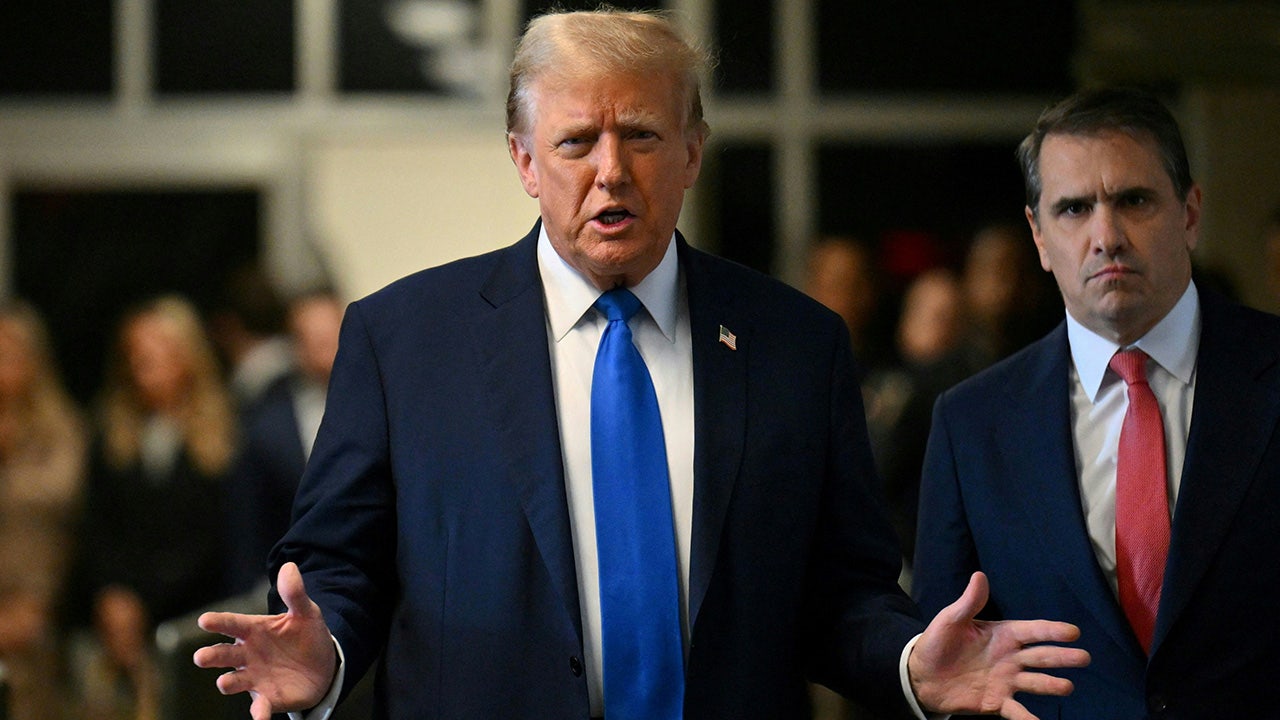Nevada
Reproductive Rights Petition Clears Legal Bar for Nevada Ballot

A Nevada initiative petition that would establish a constitutional right to reproductive freedom meets the state’s requirements to be on the ballot in November, the state’s high court ruled.
The petition would grant individuals agency to decide all matters related to pregnancy, including prenatal care, childbirth, postpartum care, birth control, vasectomy, tubal ligation, abortion, and abortion care. It would allow individuals to manage decisions around miscarriages and infertility care.
A state district court erred when it granted an injunction preventing the secretary of state from placing the initiative on the ballot, the Supreme Court of Nevada said in an opinion …

Nevada
$1.8 million for clean energy projects coming to Nevada

WASHINGTON D.C. (KOLO) – Nearly $1.8 million for clean energy projects will be coming to the state of Nevada.
The funds come from the Bipartisan Infrastructure Law and are awarded to the Silver State to provide grants to local governments for clean energy projects.
U.S. Senators Catherine Cortez Masto and Jacky Rosen, who voted for the Bipartisan Infrastructure Law in 2021, had this to say about the funds:
“As Nevada continues to experience the effects of the climate crisis, it’s critical that we invest in clean energy projects that reduce our emissions and lower energy costs for Nevadans,” said Senator Rosen. “I was proud to secure this funding to increase energy efficiency in our state and create clean energy jobs thanks to the Bipartisan Infrastructure Law I helped write and pass. I’ll always fight to deliver federal investments for our state’s booming clean energy economy.”
“Nevada is paving the path to our country’s clean energy future, and this grant will help us grow our clean energy economy,” said Senator Cortez Masto. “I will continue working to support energy efficiency, bring down costs for Nevada families, and combat climate change.”
Copyright 2024 KOLO. All rights reserved.
Nevada
Man convicted in 2019 kidnapping, death of woman in Nevada

A Pennsylvania man was convicted in the 2019 kidnapping and death of a woman whom he lured into traveling with him to Southern Nevada and later tied her to a signpost, taped her mouth and nose and watched her die from asphyxiation.
John Matthew Chapman, 44, was found guilty by a jury Wednesday in U.S. District Court in Las Vegas of one count of kidnapping resulting in death. He is set to be sentenced on Aug. 24, according to the U.S. attorney’s office.
Chapman faces a maximum sentence of life in prison, prosecutors stated in a news release.
Based on court documents and evidence presented during Chapman’s eight-day trial, on Nov. 14, 2019, police in Bethel Park, Pennsylvania, conducted a welfare check on the victim at the request of a friend, according to prosecutors.
The friend had not seen the victim for about two months but had observed a man they believed to be her boyfriend, Chapman, entering and leaving the victim’s home, prosecutors said.
While searching the victim’s residence, “officers found identification cards with Chapman’s name and photograph, the victim’s cellular telephone, multiple zip ties, and a roll of duct tape,” prosecutors said in the release.
Detectives arrested Chapman the following day, and during an interview, he admitted to driving the victim from Bethel Park to Las Vegas and misleading her into believing the trip was a vacation and that they might buy a residence in Las Vegas, according to prosecutors.
“Chapman, however, had planned to kill the victim before their departure to Nevada,” prosecutors stated in the release.
Chapman admitted to investigators that he drove the victim to the desert in Lincoln County and under the pretext of a bondage photo shoot, bound the victim’s hands and feet with plastic zip ties and tied her to a signpost.
“Then he applied duct tape to her mouth and nose and watched her die from asphyxiation,” prosecutors stated.
The joint investigation, involving the FBI in Las Vegas, the Lincoln County Sheriff’s Office and Bethel Park police, found that Chapman had returned to Pennsylvania and posed as the victim, including using her Facebook messenger account, living in her residence and using her money after her death, they said.
Contact Jeff Burbank at jburbank@reviewjournal.com or 702-383-0382. Follow him @JeffBurbank2 on X.
Nevada
Nevada joins 6 Western states demanding more water investments

Nevada’s senators joined federal lawmakers from six other Western states Monday to demand additional funding to address the region’s long-term drought, worsened by climate change.
The Colorado River remains in an unfolding and worsening crisis. Water demand on the river far exceeds supply, meaning less water is available to refill the river’s large reservoirs, Lake Mead and Lake Powell. Such a scenario could risk water supply and hydro power to millions of Westerners.
Congress has moved to address the historic drought in the West by funding Colorado River management and conservation efforts, according to Nevada Current. In 2022, Congress passed the Inflation Reduction Act, which provided $4 billion for projects that mitigate drought in the 17 Western states served by the Department of the Interior’s Bureau of Reclamation.
However, that funding is only available through 2026.
Portions of that funding have been used to compensate farmers and ranchers for water conservation in the lower basin after Nevada, California, and Arizona agreed to collectively reduce water use by at least 3 million acre-feet through the end of 2026, when the Colorado River’s current operating guidelines are set to expire.
In a letter Monday, Nevada’s Democratic Sens. Catherine Cortez Masto and Jacky Rosen, and Reps. Dina Titus and Susie Lee, urged U.S. Department of Agriculture Secretary Tom Vilsack to “bring all resources to bear in helping address long-term drought and aridification in the Western United States.”
“Drought remains a severe risk for American farmers and ranchers and threatens farmland and local economies that rely on dwindling water resources,” wrote the lawmakers.
More than 30 lawmakers signed on to the letter, including several from Colorado, Oregon, New Mexico, Montana, Arizona, California.
According to the U.S. Drought Monitor, at the end of March, 23% of the West was in drought. Areas of Arizona, New Mexico, and western Montana are experiencing extreme and exceptional drought this spring. In the Pacific Northwest and northern Rockies, dry conditions have persisted, with record low snowpack in some areas, raising concerns about worsening drought conditions.
In western Montana, snowpack is well below normal and at record low levels for some areas. While minor drought improvements were made throughout much of the West, worsening drought conditions are expected heading into the summer, according to the National Oceanic and Atmospheric Administration.
Lawmakers acknowledged the Biden-Harris Administration’s recent steps to increase the number of agriculture conservation practices eligible for Inflation Reduction Act dollars, but emphasized that more comprehensive funding across the West is needed. In the letter, lawmakers called for further investments in upstream, watershed-scale projects, water forecasting, water conservation, and watershed restoration.
Upper basin “watershed-scale investments greatly benefit all downstream uses, in particular for our farming and ranching communities,” reads the letter.
The letter noted that funding for large-scale agricultural conservation in lower basin states has greatly helped address the drought, but that “smaller scale on-farm measures and larger-scale upstream watershed restoration and improvements” are also needed to address both short-term drought recovery and future resilience.
In the West, U.S. Forest Service lands comprise 19% of the total land area and contribute 46% of the surface water supply, meaning that more investments in public national forest lands would have a significant impact on downstream surface water flows, according to the letter.
Specifically, lawmakers called on the White House to provide additional funding for Natural Resources Conservation Service programs related to water forecasting, water conservation, and watershed restoration. Lawmakers also requested funding for measures that upgrade water infrastructure, build soil health, and contribute significant ecosystem benefits.
“Reliable and sustainable water availability is absolutely critical to any agricultural commodity production in the American West, and swiftly deploying funds to producers and watersheds in our States and Districts is crucial to help them respond to more frequent and severe droughts,” lawmakers wrote.
-

 News1 week ago
News1 week agoLarry Webb’s deathbed confession solves 2000 cold case murder of Susan and Natasha Carter, 10, whose remains were found hours after he died
-

 Education1 week ago
Education1 week agoVideo: Dozens of Yale Students Arrested as Campus Protests Spread
-

 World1 week ago
World1 week agoHaiti Prime Minister Ariel Henry resigns, transitional council takes power
-

 News1 week ago
News1 week agoFirst cargo ship passes through new channel since Baltimore bridge collapse
-

 World1 week ago
World1 week agoUS secretly sent long-range ATACMS weapons to Ukraine
-

 World1 week ago
World1 week agoSpanish PM Pedro Sanchez suspends public duties to 'reflect'
-

 News1 week ago
News1 week agoAmerican Airlines passenger alleges discrimination over use of first-class restroom
-

 World1 week ago
World1 week agoAsia bears biggest climate-change brunt amid extreme weather: WMO
















